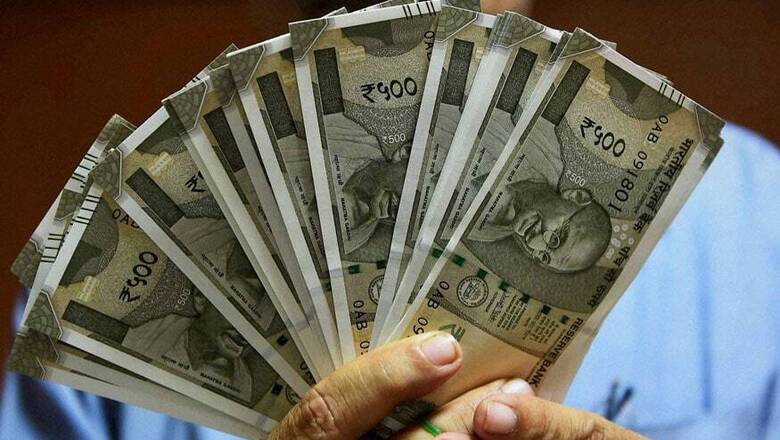
views
The Economic Survey is often seen as a signpost to the Union Budget. One of the key take away from the Economic Survey 2017-18 is the mention of Universal Basic Income, a concept that has been in currency recently. The Survey document tabled in Parliament on Wednesday says that “Universal Basic Income an alternative to plethora of state subsidies for poverty.”
So can we expect a grand announce by finance minister Arun Jaitley in his Union Budget speech tomorrow on this mother of all social security schemes? Well, let’s wait for a day more. In the meantime, News18’s Tushar Dhara tells you all that you need to know about Universal Basic Income.
Q) What is a Basic Income?
A) Basic income is a periodic cash payment unconditionally delivered to all on an individual basis, without means test or work requirement.
Q) Why is it Universal?
A) The idea is that every citizen gets it and therefore it is universal. Chief Economic Adviser Arvind Subramanian said last year that the government is considering giving an unconditional cash transfer of about Rs 10,000-15,000 on an annual basis to each and every citizen in the country.
Q) Is it in cash, rather than in-kind?
A) Basic income is provided in cash, without any restriction as to the nature or timing of the consumption or investment it helps fund. In most cases, it supplements, rather than substitutes, existing in-kind transfers such as free education or basic health insurance.
Q) How would it work in India?
A) If implemented in India it could replace numerous poverty alleviation schemes such as Indira Awas Yojna, NREGA and PDS. On the other hand, the idea is that it supplements, rather than substitutes, existing in-kind transfers such as free education or basic health insurance.
Q) What is the rationale for it?
A) The changing nature of job creation – with increasing automation leading to fewer jobs– mean that in the next 20 years as much as 68% of existing jobs in the country will be under threat, hence the need for a guaranteed source of income.
Q) How much would a Universal Basic Income scheme cost in India?
A) This is where the details are not clear. Estimates peg the cost of providing a universal income to 1.3 billion Indians at around 10% of GDP. The government on the other hand could decide to give it to the poorest households, as identified by the Tendulkar Committee-defined poverty line or individuals with jan dhan accounts. Arvind Panagariya, NITI Aayog Vice-Chairman, estimates that giving Rs 1,000 to 130 crore Indians would cost the exchequer Rs 15.6 lakh crore.
Q) Has it been tried out in India?
A) Yes. In 2011, In eight villages in Madhya Pradesh, every man, woman, and child was provided with a monthly payment of, initially, Rs 200 for each adult and Rs 100 for each child paid to the mother or guardian; these were later raised to 300 and 150 respectively. The two pilot projects were funded by UNICEF.
Q) What were the results?
A) Dr. Guy Standing of the School of Oriental and African Studies, who was involved with the project, has written that the results were positive. Nutrition increased and the better health outcomes led to increased school attendance. The basic income led to small scale investments by the recipients and reduced debt levels.
Q) So is it the right way to go?
A) There is still no consensus on the issue. Critics caution that any scheme that provides an unconditional guaranteed income to a section of the population (as may happen in India) without having to work will create resentment. Also, getting rid of subsidies in kind (food, healthcare, and schooling) may result in decreased outcomes in these areas.




















Comments
0 comment